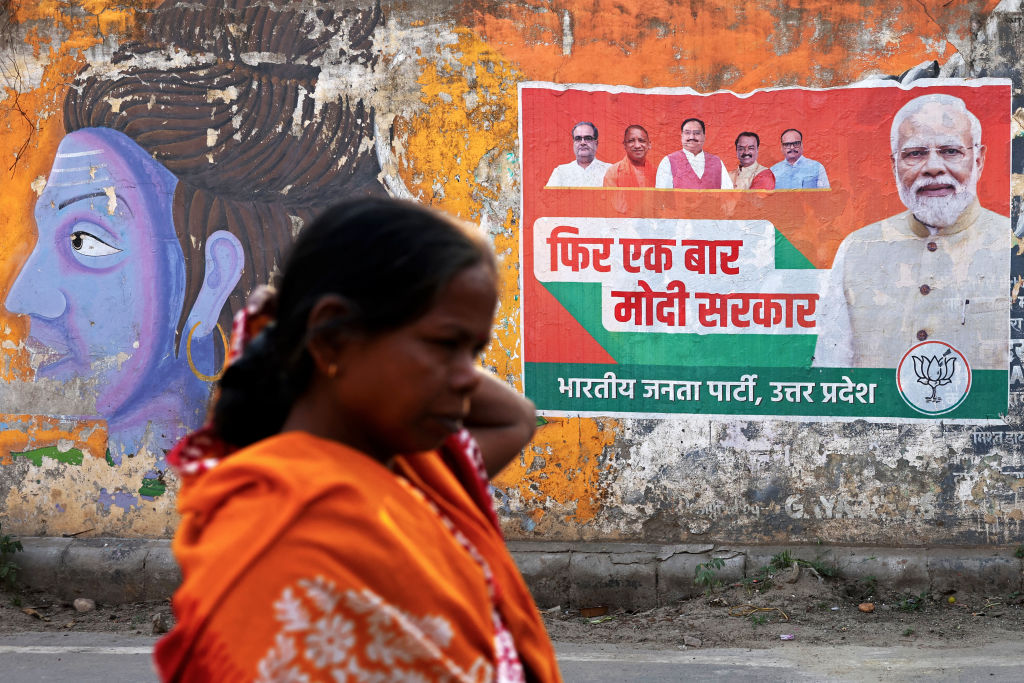A recent investigation by Global Witness and Access Now revealed that YouTube approved dozens of ads promoting voter suppression and incitement to violence ahead of the upcoming election in India. This is concerning as India, often described as the world’s largest democracy, will hold its election in seven phases between April 19 and June 1. The election will be a crucial test for social media platforms’ ability to tackle election disinformation, especially ahead of the U.S. election in November.
To test YouTube’s ability to prevent disinformation on its platform, Global Witness and Access Now submitted 48 advertisements containing election-related content prohibited by YouTube rules. The ads were written in Hindi, Telugu, and English, languages widely spoken in India. Within a 24-hour review period, YouTube approved 100% of the ads. The experiment suggests that YouTube may be failing to prevent the spread of paid-for disinformation in one of the most significant global elections of the year.
Namrata Maheshwari, senior policy counsel at Access Now, expressed surprise at the results of the experiment, stating, “Frankly, we weren’t expecting such a despicable result.” The experiment revealed that the issue is not limited to language, but also a problem with which countries YouTube is choosing to focus on. This raises concerns about the platform’s ability to effectively combat election-related disinformation.
The approval of ads promoting voter suppression and incitement to violence on YouTube ahead of the Indian election is alarming. At a time when more than half of the world’s population will vote in at least 65 different national elections, it is crucial for social media platforms to prevent the spread of misinformation and protect the integrity of the democratic process. The findings of this investigation highlight the need for platforms like YouTube to improve their efforts to combat disinformation.
With India’s election being one of the most significant global elections of the year, the approval of ads promoting voter suppression and incitement to violence on YouTube is a cause for concern. As voters in India prepare to decide the country’s future, it is essential for platforms like YouTube to take proactive measures to prevent the spread of disinformation and ensure the integrity of the electoral process. This investigation serves as a wake-up call for social media platforms to prioritize the fight against election-related disinformation and protect the democratic rights of citizens.









